Understanding the various types of commercial electrical wiring is essential for any business owner, property manager, or developer engaged in constructing or renovating commercial buildings. The right wiring not only ensures safety and efficiency but also complies with regulatory standards. This article provides an in-depth look at different types of commercial electrical wiring commonly used in the UK, focusing on aspects crucial for optimal installation and operation.
Key Types of Commercial Electrical Wiring
Conduit Wiring Systems
Conduit wiring is one of the most durable and safest methods of commercial electrical wiring. It involves enclosing wires in a conduit, which may be made of metal, plastic, or fibre. This method protects the wires from moisture, impact, and chemical vapours, which is particularly important in harsh environments like factories or warehouses. There are two main types of conduit wiring: surface conduit wiring, where the conduits are mounted on the wall, and concealed conduit wiring, which hides the conduits within the walls or ceiling, offering a neater appearance and better protection.
Armoured Cables
Also known as steel wire armoured (SWA) cables, armoured cables are essential for providing power in high-risk areas of commercial buildings. These cables are designed with a layer of steel wire armour, which protects the inner conductors from mechanical damage. This makes them ideal for underground systems or installations where the cable could be at risk of damage from external forces.
Mineral-Insulated Copper-Clad Cable
Mineral-insulated copper-clad cable (MICC) is known for its high resistance to fire and is commonly used in situations where fire safety is paramount, such as in emergency lighting or power circuits in commercial buildings. The construction of MICC includes copper conductors inside a copper sheath, insulated with a dry magnesium oxide powder. This design not only enhances fire resistance but also improves the longevity of the wiring.
Non-Metallic Sheathed Cable
Commonly referred to as Romex, non-metallic sheathed cable is a type of flexible electrical cable that features a plastic jacket and two or more conductors. It’s generally used for light to medium loads in commercial environments such as offices or retail spaces. This type of wiring is easier to handle and install compared to more rigid types of wiring systems.
Flexible Cables
Flexible cables are essential for connecting power to machines and equipment that move or vibrate. They can withstand bending and twisting without breaking, making them suitable for industrial environments with moving components, such as manufacturing plants or workshops. These cables typically consist of stranded wires enclosed in a flexible plastic sheath.
Considerations for Choosing Commercial Electrical Wiring
Compliance with Standards
All commercial electrical wiring in the UK must comply with the Wiring Regulations (BS 7671), which set the standards for electrical installations. Compliance ensures safety and efficiency in commercial operations, reducing the risk of electrical fires and other hazards.
Load Requirements
The choice of wiring often depends on the electrical load requirements of the commercial building. Heavier loads require more robust wiring solutions, like armoured cables or conduits, to safely handle the increased demand without risk of overheating or damage.
Environmental Factors
Environmental conditions such as moisture, temperature, and chemical exposure also dictate the type of wiring suitable for commercial applications. In environments with high moisture or corrosive materials, options like conduit wiring or MICC provide additional protection to extend the lifespan of the electrical system.
Choosing the appropriate type of commercial electrical wiring is critical to ensuring safe, efficient, and compliant electrical installations in commercial buildings. From armoured cables to flexible wiring, the selection must be tailored to the specific needs of the facility, considering factors such as load requirements, environmental conditions, and regulatory compliance. Contact us if youre looking to ensure all aspects of your electrical wiring for your commercial building/ business are adequately addressed.


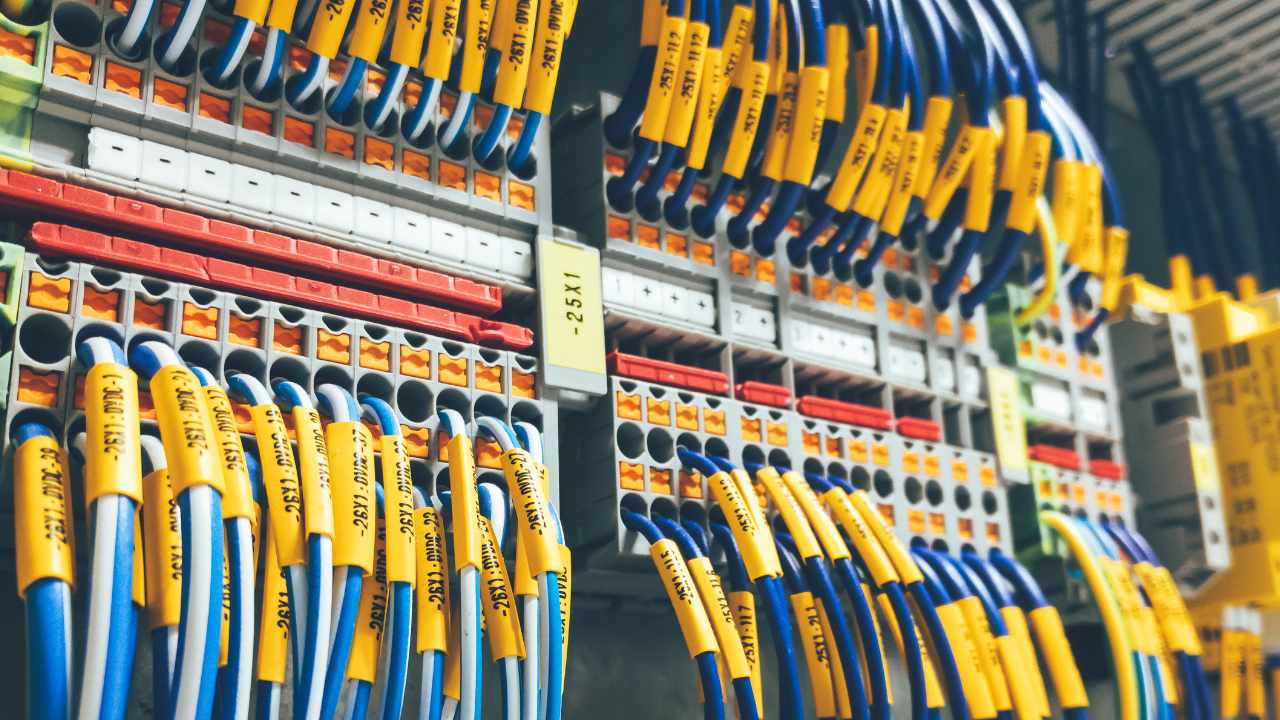
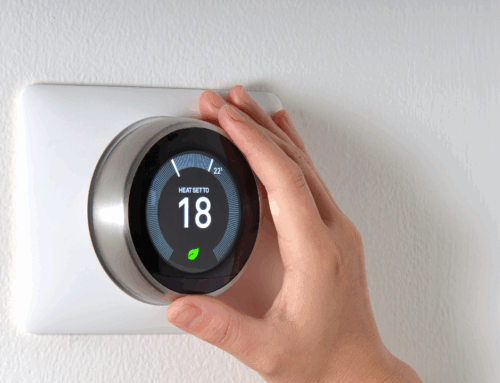
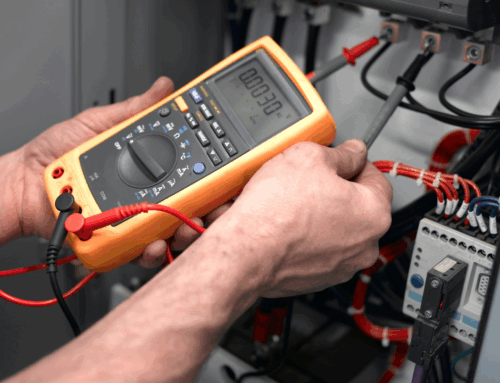
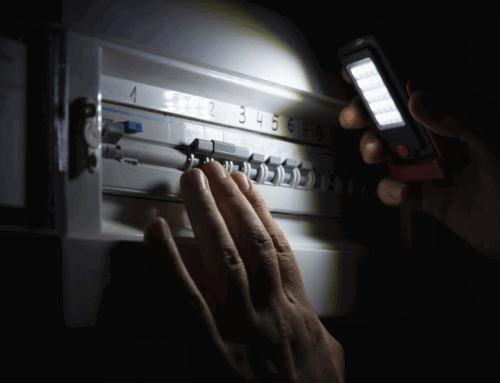
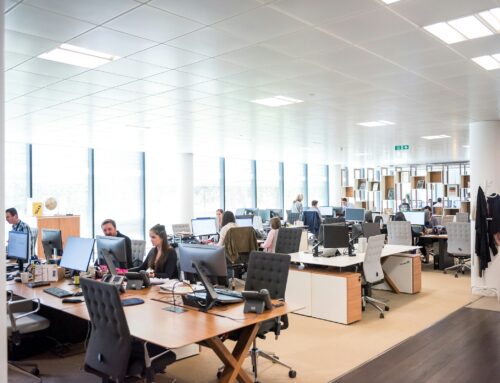
Leave A Comment